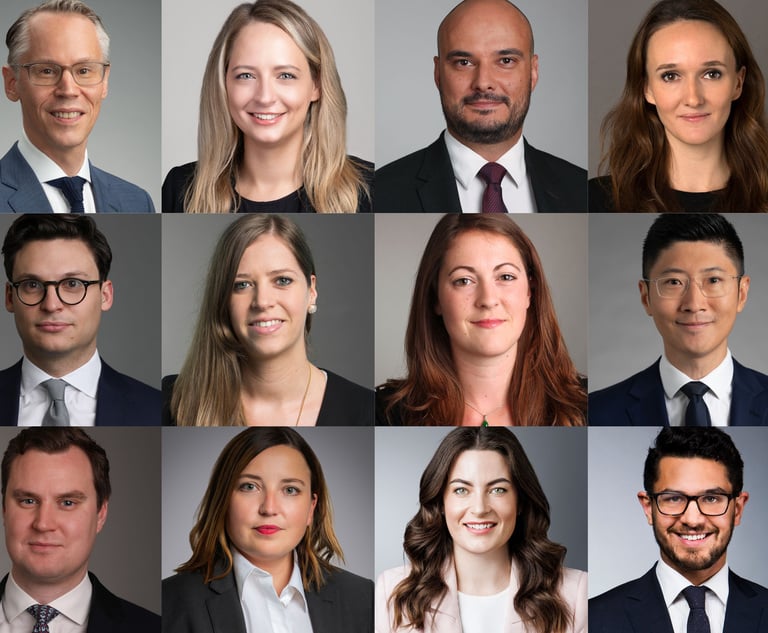The COVID-19 pandemic has forced lawyers and staff out of their offices and into their homes, where they now juggle their legal work with child care, household management and plenty of other obligations.
But law firms are insisting—at least publicly—that lawyers in spare bedrooms, kitchen islands and basement offices are still delivering their money’s worth. And amid the stresses of a global health and economic crisis, there may be a silver lining for lawyers looking to break their office bonds: Proving their productivity now could make their firms more open to remote work when the emergency is over.

 Photo: Shutterstock
Photo: Shutterstock







